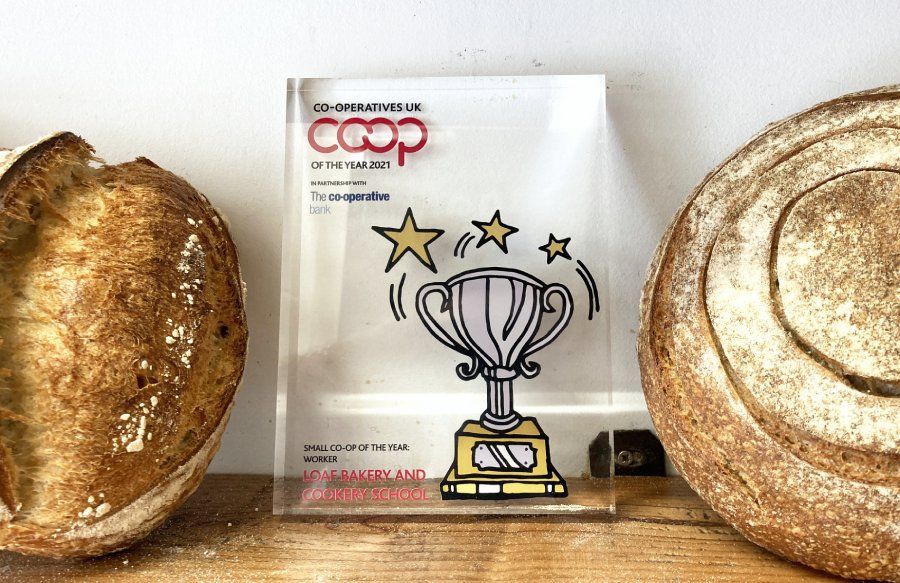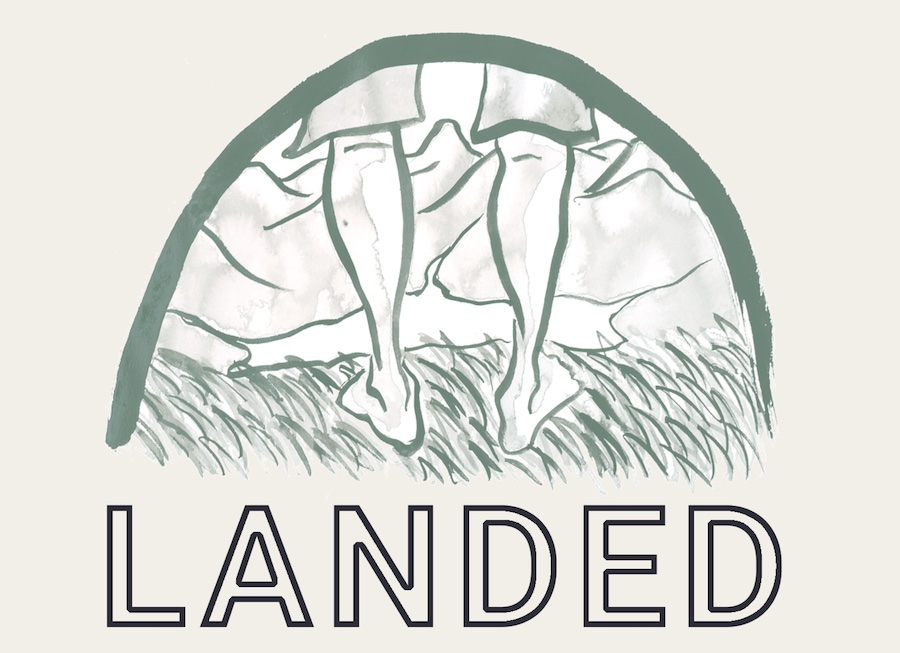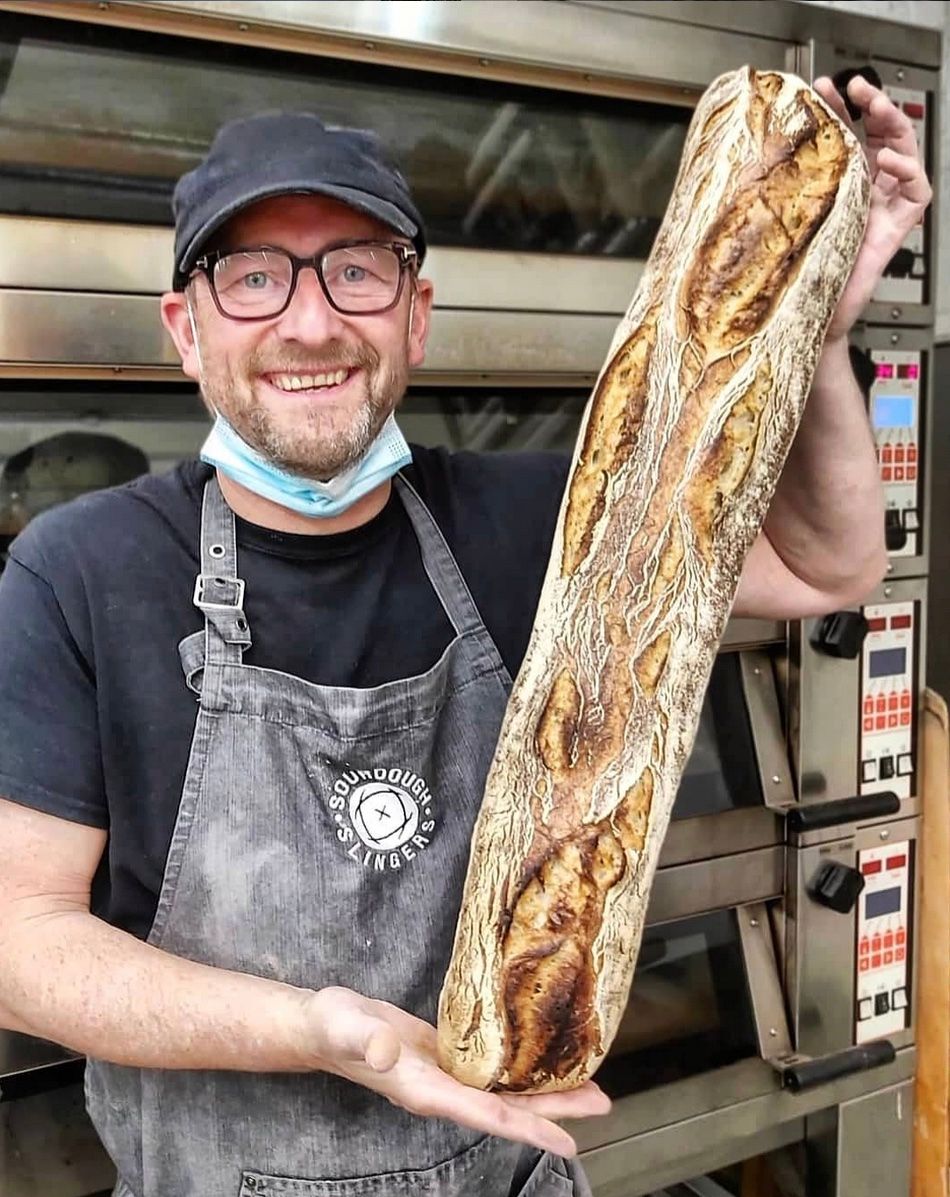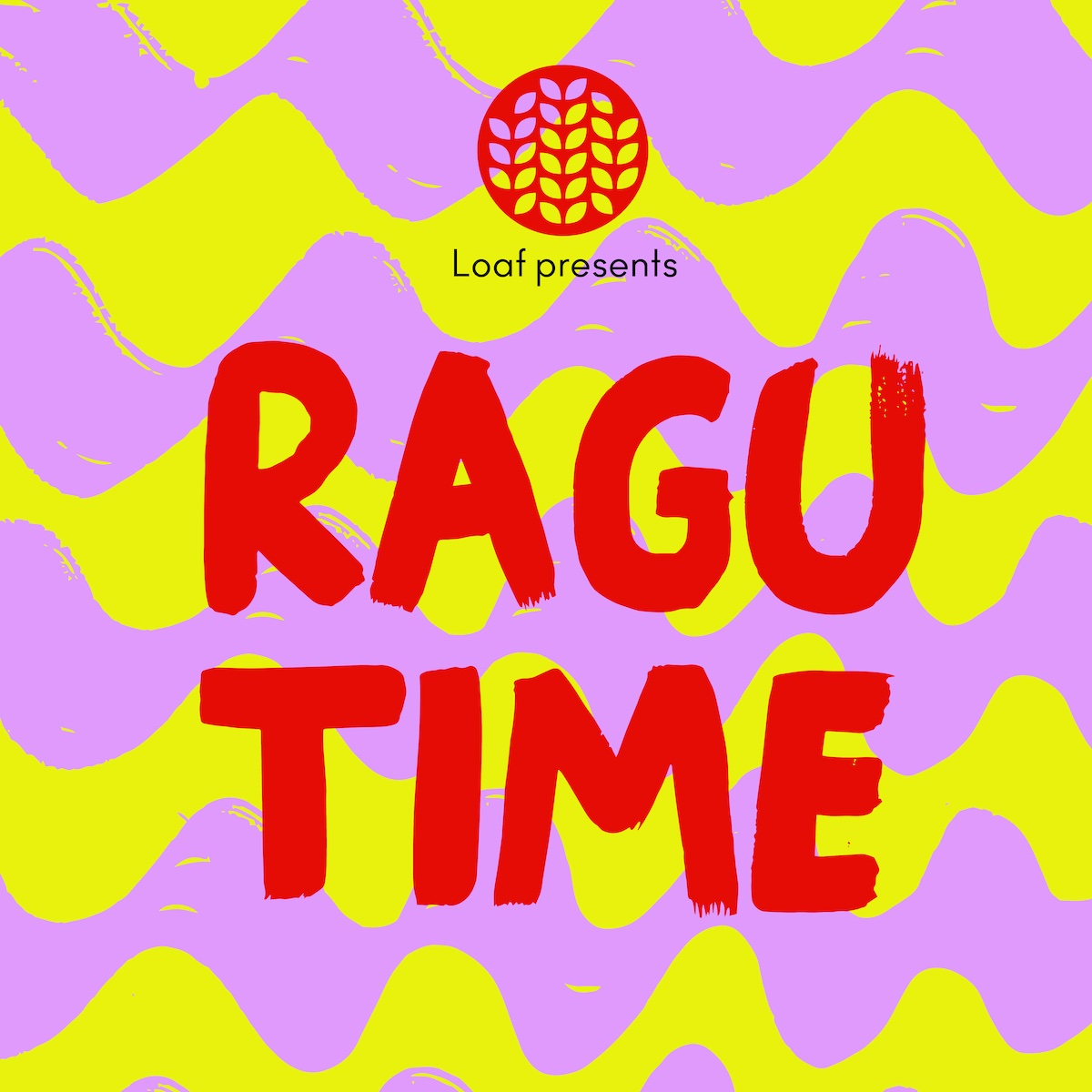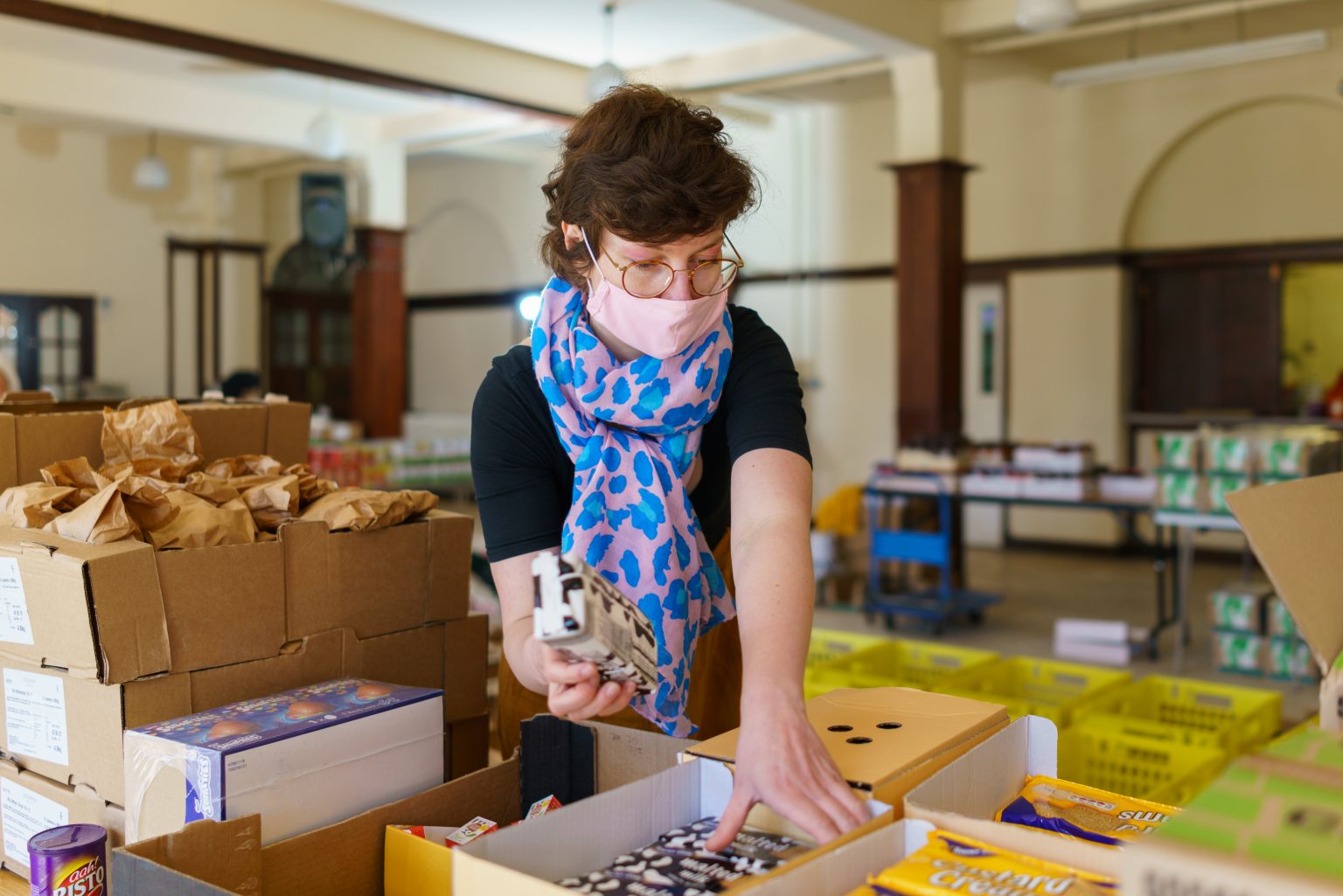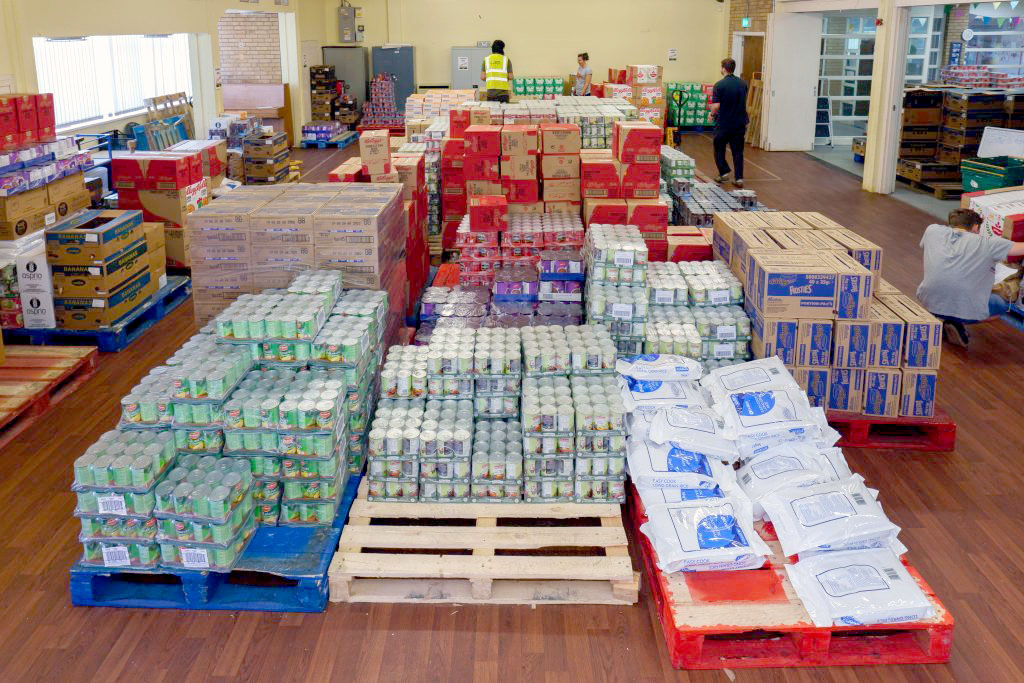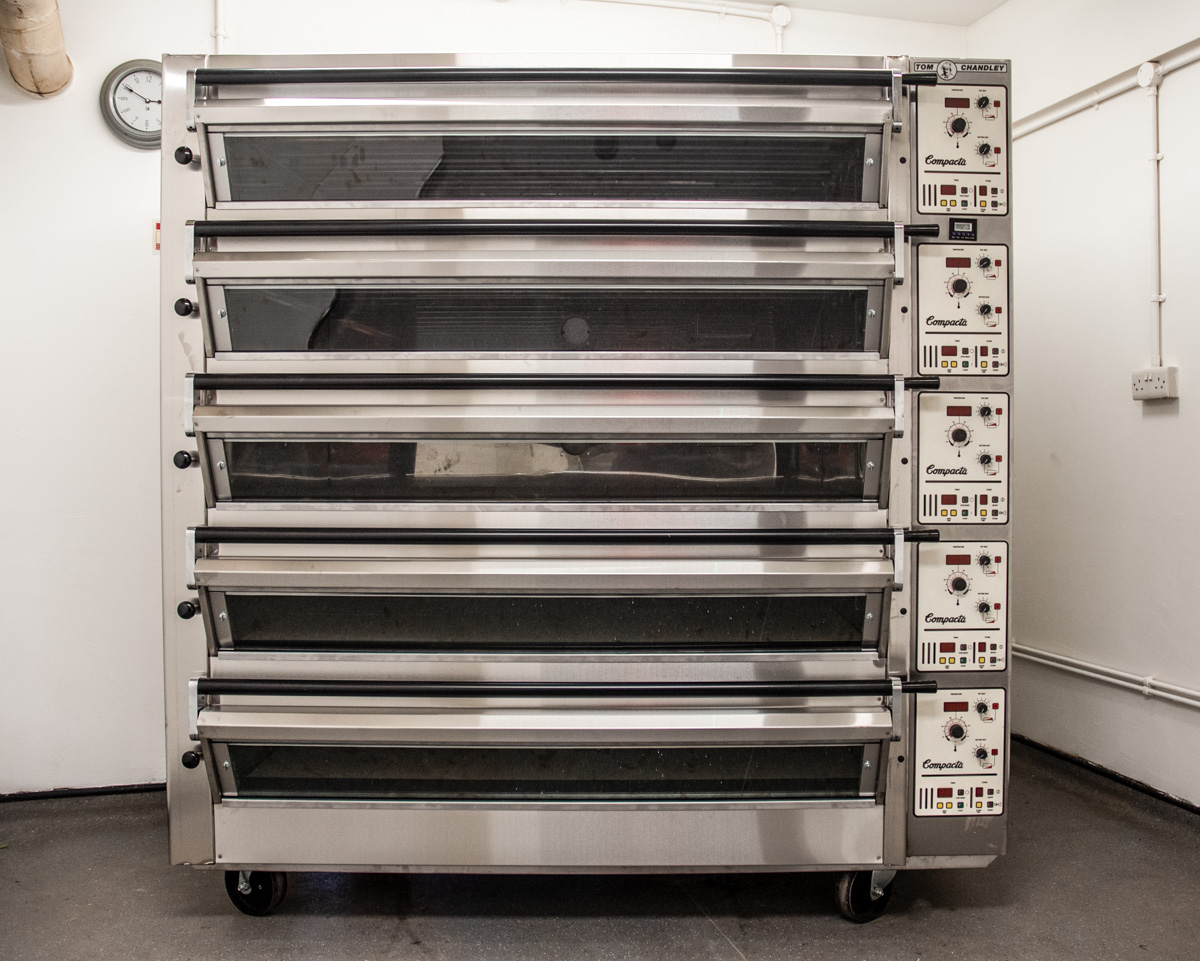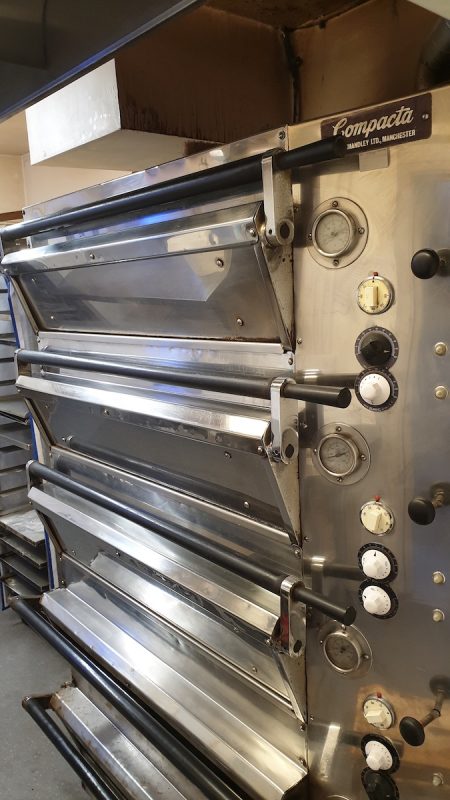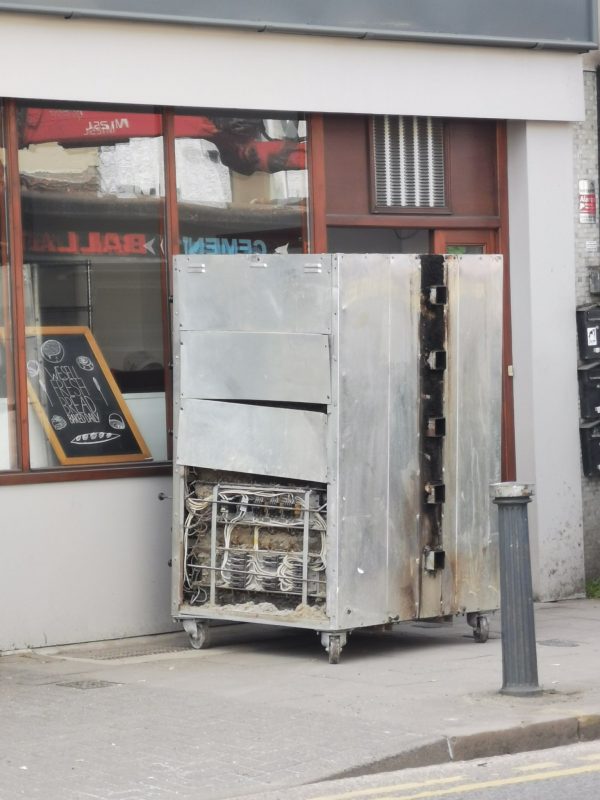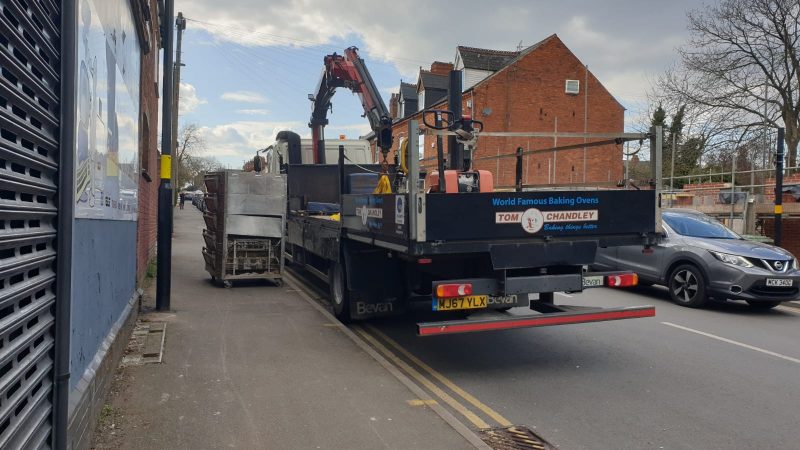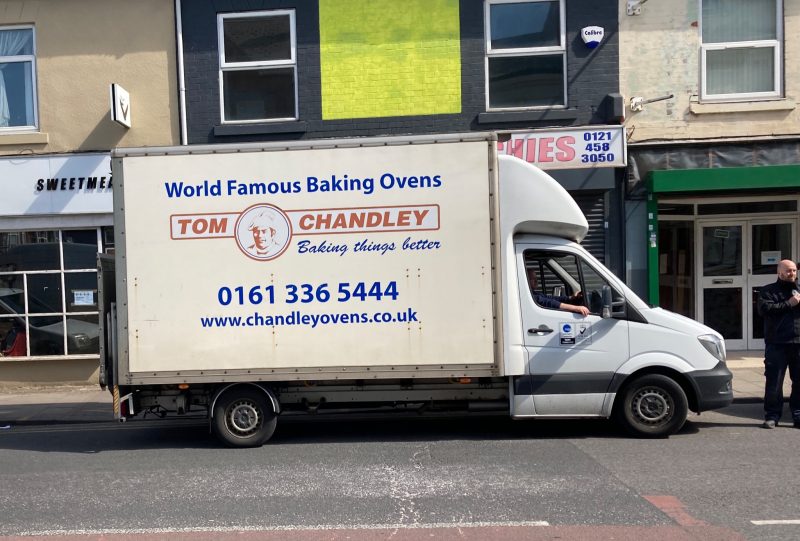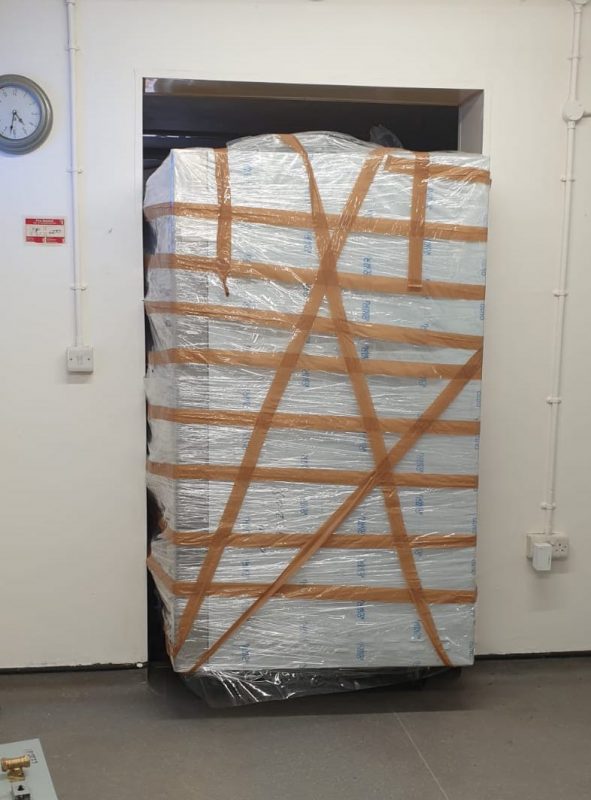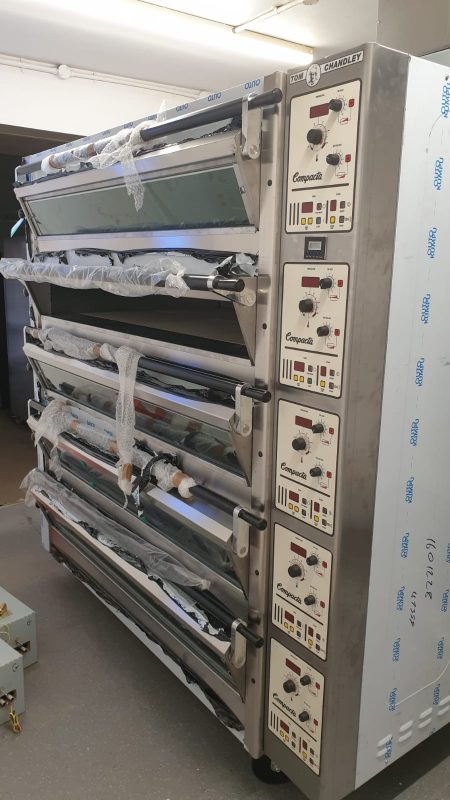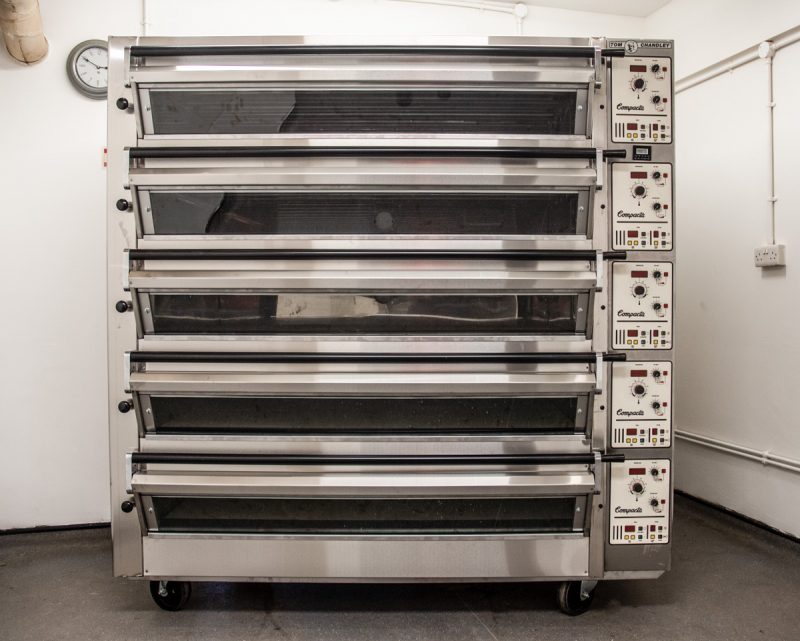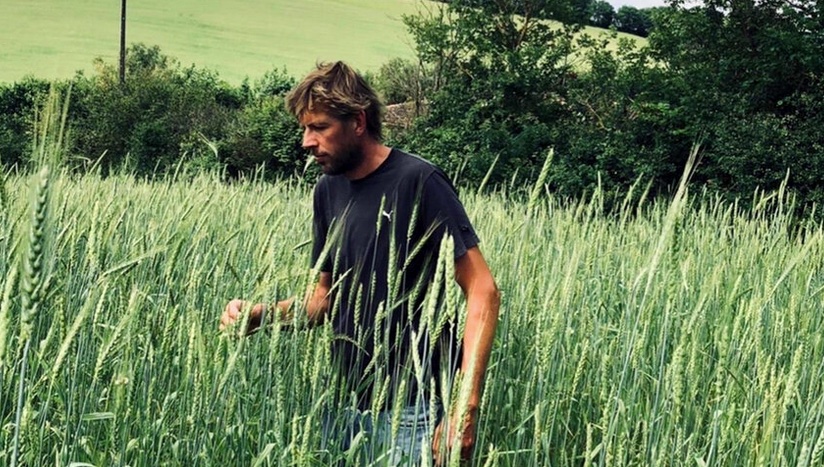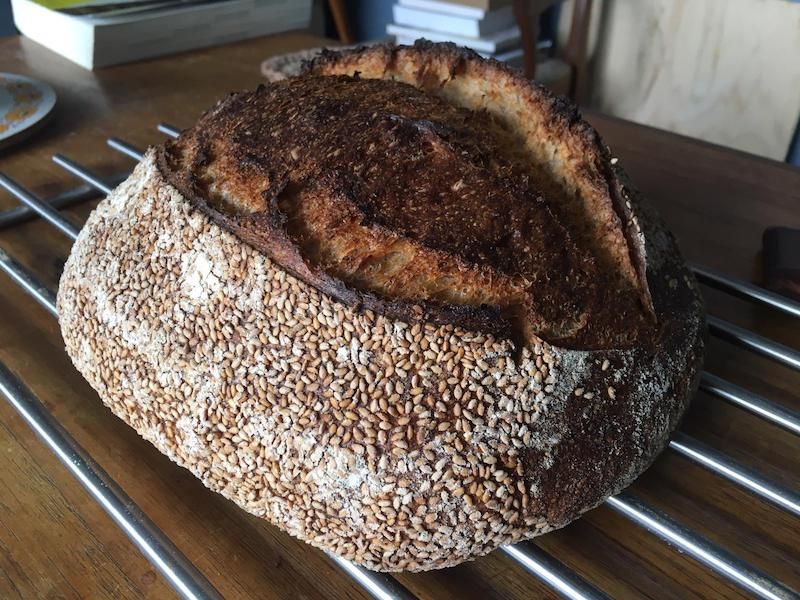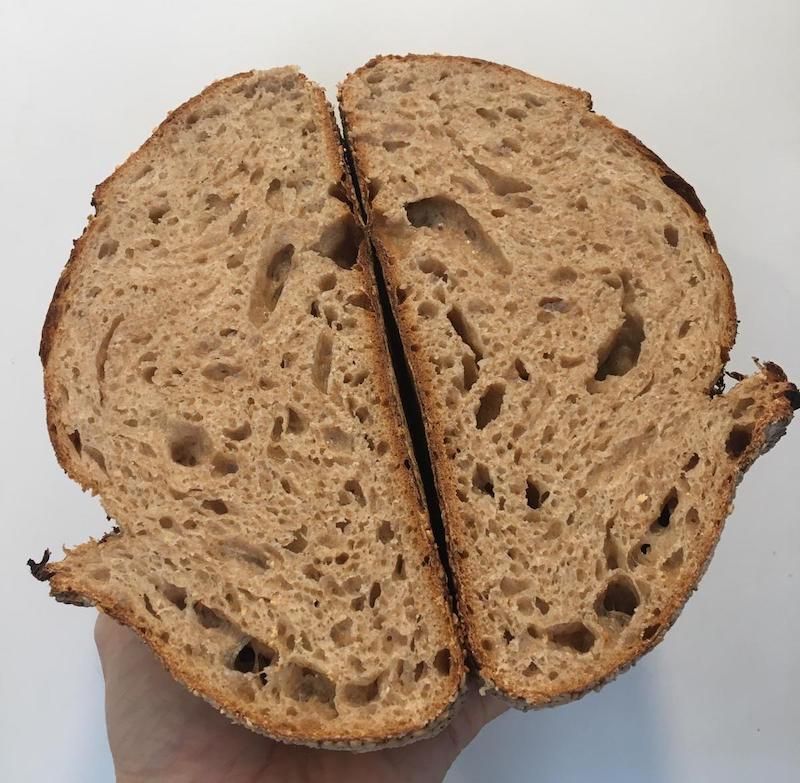To mark Co-op Fortnight, Pete talks about his personal journey learning about the co-operative movement since joining Loaf. Is it just a way of running a business, or is there more to it?
Did you know we’re halfway through Co-op Fortnight? It’s when the co-operative movement celebrates its history, looks to its future and generally promotes the model of working co-operatively.
If you knew nothing of co-ops except as a chain of supermarkets, this might seem rather strange, but even if you know co-ops are more than that, celebrating a business model is still a little odd. You don’t see Limited Liability Week or Sole Proprietorship Day. What’s so special about co-operatives?
Loaf is constituted as a worker co-operative. We’re all directors of the company and get paid the same wage with the same ultimate responsibilities. There is no owner or boss of Loaf — we all are, equally. After I joined in 2018, I became fascinated with the co-operative movement. It struck me as not just a very efficient way to run a business, spreading the work and rewards equally across all members, but also a very rewarding one. Having spent my much of my working life salaried or freelancing for organisations I had no say in running, it was a bit of a shock and took some navigating.
Since then I’ve been finding out more about co-ops. Working on our forthcoming new building, which itself will be a run as a co-op of co-ops, brought me closer to our future neighbours Birmingham Bike Foundry and Artefact. While they follow the same principles, they operate quite differently from Loaf. Then, as the upper floors will be residential, I had a crash course in housing co-ops, which can range from the UK’s deliciously gnarly Radical Routes to millionaire apartment blocks in New York. (Safe to say our building will lean towards the former model!)
Meanwhile at Loaf, the last 15 months have caused us to consider what it means for us to be a co-op. Like so many pre-pandemic things that just seemed to work, we probably took it a bit for granted. But with our business thrown into turmoil and the future uncertain we found ourselves leaning heavily on the co-operative values to guide our decisions.
In April this year, while waiting for the new oven to be installed, we held our first quarterly planning meeting. The pandemic didn’t just shake us out of our complacency — it caused us to look at everything we do and why we do it. We discussed every stage of the bakery, from sourcing ingredients to how we sell, and every aspect of the cookery school, drawing out the core values that we want to guide us. We also each said what we wanted Loaf to be and why that was important to us.
Being a group of opinionated individuals we all had different ideas and visions, but interestingly that doesn’t seem to be a problem. Being a co-op means we work to accommodate the needs and desires of all members, finding a unique common path that might actually surprise us.
At the end of the day we went through the co-op movement’s values and principles, seeing how Loaf measured up. We’re achieving some better than others and there’s certainly room for growth and improvement, but nothing feels alien or wrong. It’s all stuff we want to do and that we can see the value, socially and economically, in doing.
This week I remotely attended Co-op Congress, the annual meeting of UK co-operatives with speakers from across the country. The theme this year was the role the co-op sector can play in rebuilding the economy, specifically on a community and local level. The general gist, as you might imagine, was that there should be more co-ops, because co-ops are great, and there was a lot of the sort of boosterism you’d expect from a flagship event like this.
But I also learned some really interesting stuff. Stretford Public Hall was in a similar state to Stirchley Baths and was similarly saved by local campaigning, but in this case the locals run it as a co-op. Sheffield’s Ownership Hub is actively pushing co-ops and employee ownership with support of the mayor. We’ve talked of our new building being a catalyst for new co-ops so maybe this is a model for that. Finally I learned the Co-operative College exists, run as a co-op, but also basing its learning model on co-op principles.
This last one made me think about our cookery school which has been run in a fairly traditional teacher/student manner for the last decade. It works, of course, but it’s not the only way to communicate our knowledge and we’ve been looking to broaden our approach. What would a bread course taught co-operatively look like?
Finally, while watching a slideshow inbetween the panels, I spotted Leeds Bread Co-op who, judging from this video, could easily be Loaf in a parallel universe. Their business is different, of course, but their testimonials of working in a co-op rang true. It was heartening to know that we’re not an outlier — there are others like us out there in the bread industry, with potential for more.
Phil visited Leeds Bread Co-op a few years ago, before I started. It would be good to firm up that relationship again, to see what we can learn from each other, and to reach out to other food co-ops across the country and around the world. Together we are stronger, and all that.
For me personally, this feels like the start of a journey, one I wasn’t expecting to take as I approach my 50s. When I’m not working at Loaf I have an art practice. During the lockdowns I was involved in the founding of Walkspace, an artists collective which I’m very keen should be run on co-operative principles. I also got quite obsessed with composting at my wife’s allotment and am using the co-op principles to sketch out how a community composting scheme might work for the businesses and residents of Stirchley. Watch this space for that one.
The co-op movement can sometimes feel like a bandwagon, the hip way to run a business like all the cool kids are doing these days. But it’s worth remembering Stirchley has a long history of co-operatives, starting with TASCOS in 1875. This is not a flash in the pan — it’s a toolkit, a system for bringing people together to produce something that couldn’t exist otherwise, to the benefit of all involved.
If you’re co-op curious and would like to talk to us about whether it can work for you, please do get in touch. If we can’t help we doubtless know someone who can. Ultimately, if you like what we do and wonder how we do it, this is a major reason why. We’re a co-op because it works.
